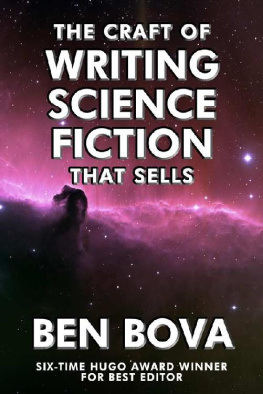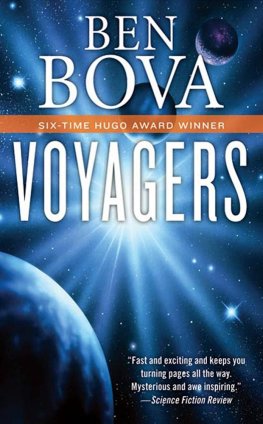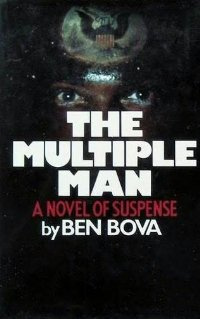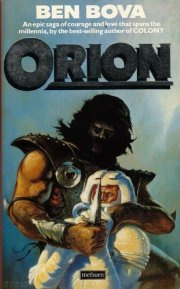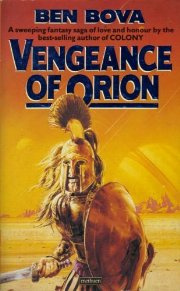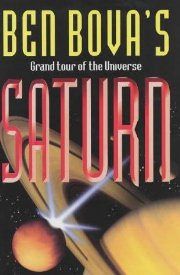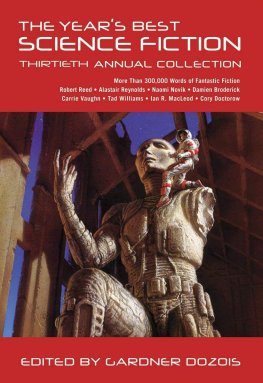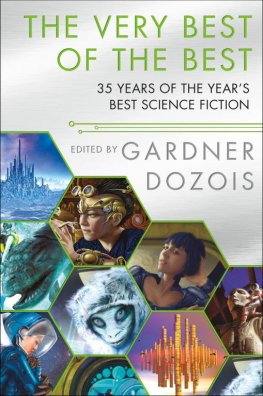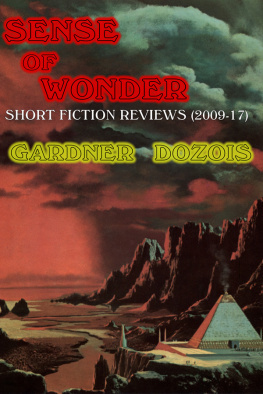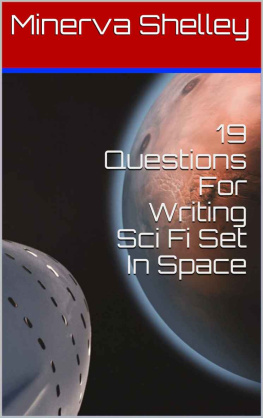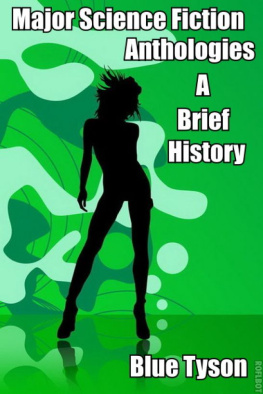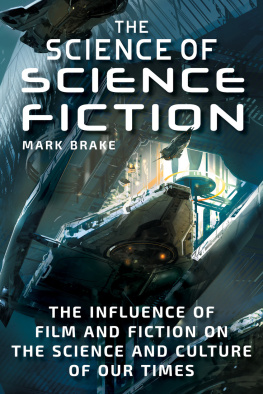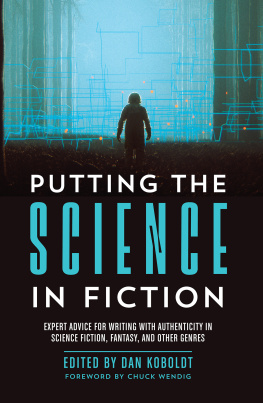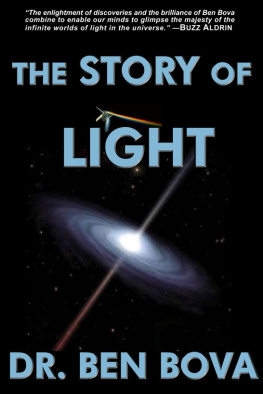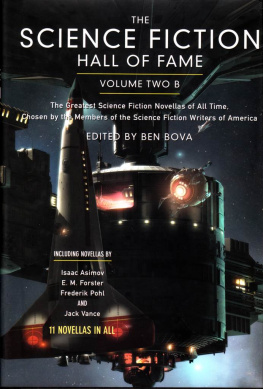Ben Bova - The Craft of Writing Science Fiction that Sells
Here you can read online Ben Bova - The Craft of Writing Science Fiction that Sells full text of the book (entire story) in english for free. Download pdf and epub, get meaning, cover and reviews about this ebook. year: 2011, publisher: ReAnimus Press, genre: Detective and thriller. Description of the work, (preface) as well as reviews are available. Best literature library LitArk.com created for fans of good reading and offers a wide selection of genres:
Romance novel
Science fiction
Adventure
Detective
Science
History
Home and family
Prose
Art
Politics
Computer
Non-fiction
Religion
Business
Children
Humor
Choose a favorite category and find really read worthwhile books. Enjoy immersion in the world of imagination, feel the emotions of the characters or learn something new for yourself, make an fascinating discovery.
- Book:The Craft of Writing Science Fiction that Sells
- Author:
- Publisher:ReAnimus Press
- Genre:
- Year:2011
- Rating:3 / 5
- Favourites:Add to favourites
- Your mark:
The Craft of Writing Science Fiction that Sells: summary, description and annotation
We offer to read an annotation, description, summary or preface (depends on what the author of the book "The Craft of Writing Science Fiction that Sells" wrote himself). If you haven't found the necessary information about the book — write in the comments, we will try to find it.
explains step by step all the elements you need to write profesionally
selling science fiction. Bova was editor of both Analog and Omni magazine,
two of the best-ever markets for short fiction, as well as a best-selling
novelist -- so nobody knows what sells better than Ben Bova. The book
breaks down every aspect of writing and analyzes it in depth, including
with complete example short stories that he examines for how they tick.
The book targets science fiction in particular since its one of the
hardest genres to write, but his explanations are applicable to fiction
of any genre.
This is a must-read for anyone trying to break into the professional
science fiction writing field.
CONTENTS:
Chapter One - How to Get Out of the Slushpile
Chapter Two - Science Fiction
Chapter Three - Character in Science Fiction: Theory
Chapter Four - Character in Science Fiction - Fifteen Miles - A Complete Short Story
Chapter Five - Character in Science Fiction: Practice
Chapter Six - Background in Science Fiction: Theory
Chapter Seven - Background in Science Fiction Sepulcher - A Complete Short Story
Chapter Eight - Background in Science Fiction: Practice
Chapter Nine - Conflict in Science Fiction: Theory
Chapter Ten - Conflict in Science Fiction - Crisis of the Month - A Complete Short Story
Chapter Eleven - Conflict in Science Fiction: Practice
Chapter Twelve - Plot in Science Fiction: Theory
Chapter Thirteen - Plot in Science Fiction - The Shining Ones - A Complete Short Story
Chapter Fourteen - Plot in Science Fiction: Practice
Chapter Fifteen - Think Before You Write: Preparing for the Novel
Chapter Sixteen - The Long Siege: Writing the Novel
Chapter Seventeen - Into the Cold, Cruel World: Marketing Your Fiction
Chapter Eighteen - The Thematic Novel
Chapter Nineteen - Ideas, Style and Inspiration
Bibliography
ABOUT THE AUTHOR
Ben Bova, author of more than eighty futuristic novels and nonfiction books, has been involved in science and high technology since the beginning of the space program. Formerly president of Science-fiction and Fantasy Writers of America and President Emeritus of the National Space Society, Bova is a frequent commentator on radio and television, and a popular lecturer. He has also been an editor and an executive in the aerospace industry.
His novels, such as Mars, The Exiles Trilogy, and The Grand Tour series, combine romance, adventure, and scientific accuracy to explore the impact of technological developments on individuals and on society as a whole. His nonfiction books, such as Welcome to Moonbase and Assured Survival, show how modern technology can be used to solve economic, social and political problems.
Bova has taught science fiction writing at Harvard University and at the Hayden Planetarium in New York City. He lectures regularly on topics dealing with the space program, energy, the craft of writing, and the art of predicting the future. His audiences have included the National Geographic Society, government and corporate executive groups, writers workshops and university students. He has worked with film makers and television producers, such as Woody Allen, George Lucas and Gene Roddenberry.
Bova has appeared on hundreds of radio and television broadcasts. He was a regular guest on CBS Morning News, and has appeared frequently on Good Morning America and the Today show.
He was editorial director of Omni magazine and editor of Analog magazine. He received the Science Fiction Achievement Award (the Hugo) for Best Professional Editor six times.
Dont keep making the same mistakes -- read THE CRAFT OF WRITING SCIENCE FICTION THAT SELLS today!
Ben Bova: author's other books
Who wrote The Craft of Writing Science Fiction that Sells? Find out the surname, the name of the author of the book and a list of all author's works by series.

